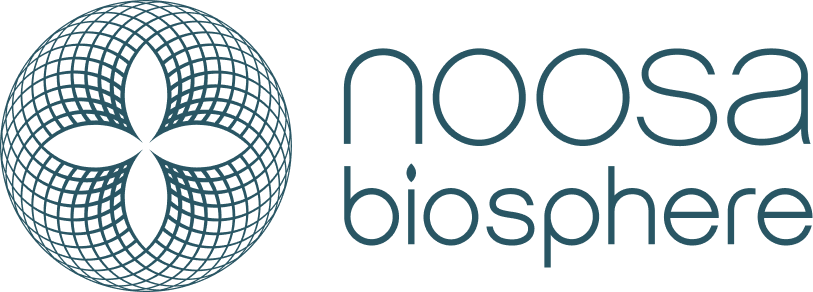The University of the Sunshine Coast’s team of koala-detecting sniffer dogs has received a $60,000 grant from the Noosa Biosphere Reserve Foundation to track koala populations in previously unsearched areas of Noosa Shire.
Foundation Chair, Campbell Corfe commented that “our Mission is to support projects and ideas that enhance biodiversity conservation and promote sustainable living in Noosa ; we were therefore delighted to provide some of the initial funding to the University of the Sunshine Coast to initiate this remarkable program”.
The Detection Dogs for Conservation team will use the funds to investigate the distribution and health of koalas as part of a collaborative project with a number of community groups.
USC Postdoc Fellow Dr Romane Cristescu said the project’s success would rely on support from local residents, with much of the area to be studied situated on private land.
“There’s two ways we need the public to help us,” she said. “Firstly, we’re looking for private landholders within the Noosa Shire who will allow us to come onto their properties with our detection dogs to do the survey.
“Secondly, we’re appealing for community members to become citizen scientists by collecting fresh koala scat (poo) from their properties to be tested in our laboratories.
“We need the support of the public to achieve the best results for this study, and it’s a chance for community members to play an active role in protecting koalas in the Noosa area.”
Dr Cristescu said USC’s detection dogs had been specially trained to track down koala scat, and has been proven to be 20 times faster and 150% more accurate than humans doing the same task.
She said the dogs and researchers will survey properties of a range of sizes across the Noosa Shire, both in confirmed and unconfirmed koala habitat areas.
About 30 landholders have already agreed for their properties to be included in the survey, with a number of Noosa residents also expressing interests in collecting scats for analysis.
The USC team, supported by the Noosa Biosphere Reserve Foundation, is working in collaboration with the Noosa Shire Council, the Koala Tracker website, Queensland Koala Crusaders, Koala Action Inc, Noosa Integrated Catchment Association, Australia Zoo Wildlife Hospital, Noosa & District Landcare and the Mary River Catchment Coordinating Committee on this project.
For more information about the survey or to express interest in becoming involved, contact Daniel Nugent at ddc@usc.edu.au.



